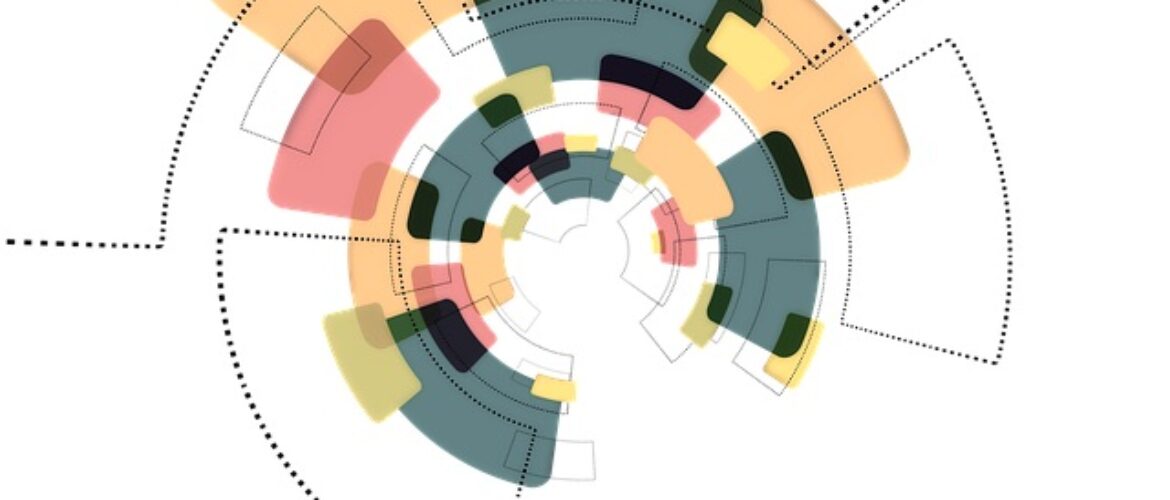By Ms. Joanne Schoeder, WLO Chair and Co-Director of the World Leisure Center of Excellence (WLCE) at Vancouver Island University (VIU), and Dr. Suzanne de la Barre, Co-Director of the WLCE at VIU
On June 15th 2020, The Academy of Leisure Sciences (TALS), the Association for Event Management Education (AEME), the Academy of Leisure Sciences Africa (ALSA), the Australian and New Zealand Association for Leisure Studies (ANZALS), the Canadian Association for Leisure Studies (CALS), the Leisure and Recreation Association of South Africa (LARASA), and the Leisure Studies Association (LSA) issued a charge statement. The WLO is inspired by the charge put forward by its sister organizations. Building on the three approaches set forth in the charge – advancing critical discussions on power in forums, scholarship and publications, teaching and research – the WLO feels compelled to commit to incorporating into its work consciousness raising and reinvigorated institutionalized practices that respond to the question: with what actions do we disrupt the paths to power?
To that end, the WLO supports widespread and critical discussion on issues entangled in the “greater need to tackle the complicated and apparent ways that leisure conscripts oppression onto the Other”. Systemic forces also need to be identified and scrutinized as these shape, guide and direct our ability to make impactful change. If there is a path to deconstruct power and privilege, than surely knowing how to increase ‘institutionalized’ access to roles that challenge where and how privilege is protected must shape that path. Creating strategies to showcase lesser known points of view and subjectivities/experience and determine how to honour and promote them, and disengage them from their ‘othered’ layers, must also form part of how we engage with creating change.
To start, the WLO asks: How does what we consider to be required ‘experience,’ let alone post-secondary education, foster the institutionalized nature and make up what we, more than ever, right now, are at this very moment in history, collectively identifying as a systemic barrier? Where are the seats of decision-making located? What is the demographic make-up of editorial boards of sector journals, and of leisure organizations and associations? What are defined as prerequisites required influencing leisure understandings and impacts, and how are experience and education upheld in ways that exclude unlikely decision-makers?
Since 1948 leisure has been affirmed, at least in theory, as a human right (Article 24, Universal Declaration of Human Rights); yet in 2020 the right to rest and leisure, still remains largely accessible to those who convene the most privilege and power. The COVID-19 pandemic has stimulated significant conversations that highlight some of the most obvious persistent discrepancies involved in our access to leisure, and by extension, to human well-being. For example, in urban areas we have witnessed movements demanding access to green and public spaces which became coveted necessities during lockdowns, quarantines and self-isolation. Meanwhile, conservation initiatives which lie at the heart of green spaces in the global south have been exposed under COVID as increasingly associated with the protection they garner through luxury travel. Under travel bans these green spaces have been identified as being newly at risk – with no Plan B given the lack of diversified economies, green spaces in socio-economic and politically fragile protection settings depend on tourism dollars that are in turn contingent upon foreigners being able to enjoy that green space.
This Joint Charge has been supported by the identified group of global, national, and regional leisure and leisure-related learned societies from around the world, “On moral imagination during these times”, collectively calling for action before racism and injustice. As a global organization encompassing a wide range of life experiences, trajectories and sensitivities within its own membership, the WLO encourages its members to read, share and commit with the proposed positioning. Debates about the questions posed in the Joint Charge Statement are of course more than welcome.
Read the full Joint Charge at: http://leisurestudies.org/news/chargestatement/





Leave a Comment